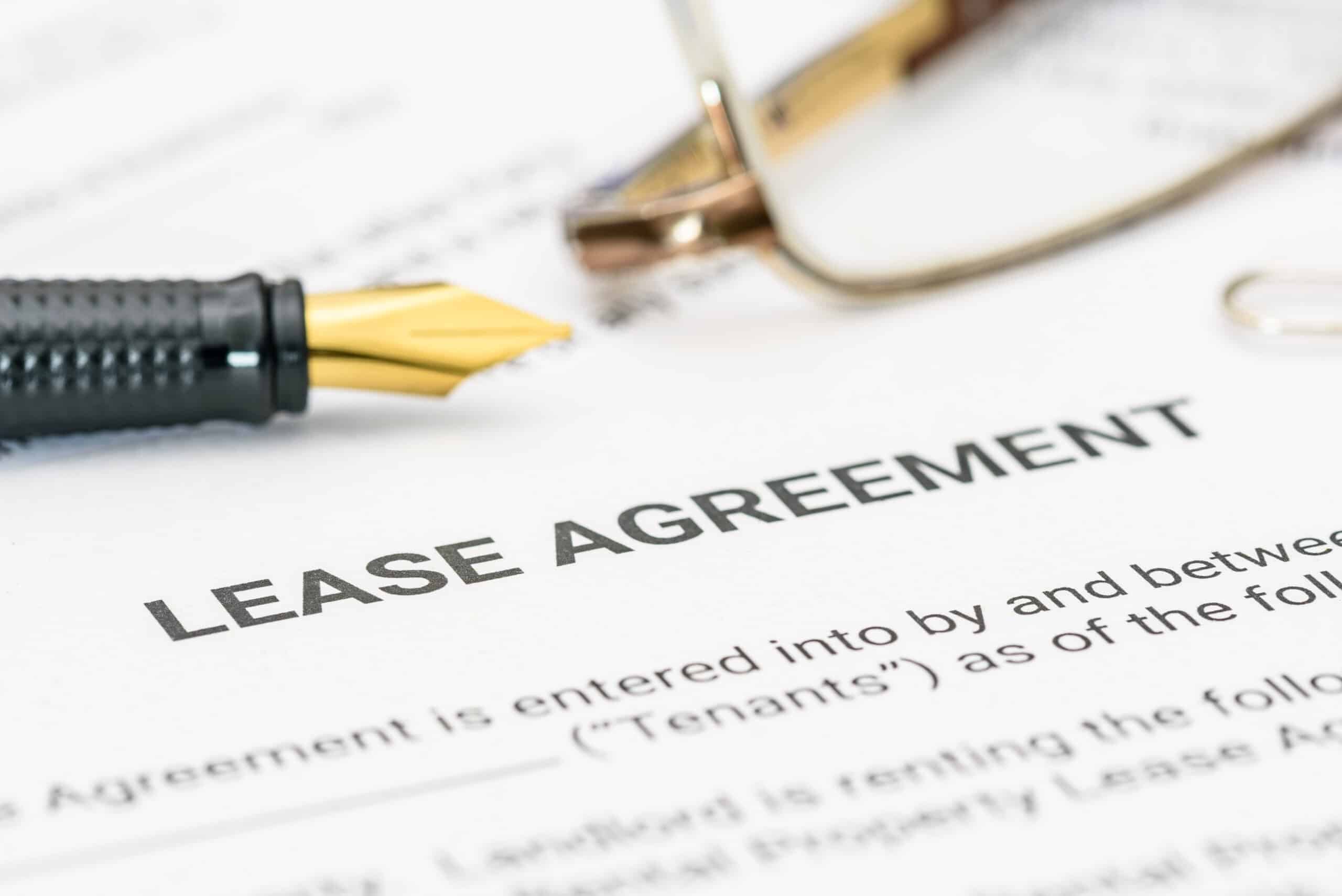


Summer is here, and like every year, many of you are getting ready to go on holiday. Preparation is everything this year. Start by ensuring that all your travel documents are up to date. Is your passport still valid? Do you have the right visa for your trip? Do you need additional vaccinations for your destination? Is it worth getting travel insurance? The Expat Welcome Desk helps you make the most of your summer.
You will need specific documents depending on your nationality and holiday destination.
European Union (EU) citizens travelling within the Schengen Area with a Belgian residence permit (EU, EU+ card) must have a valid national identity card or passport. Please note that a residence permit issued by the Belgian authorities is not a valid identity card, which means it cannot be used for travel purposes.
EU citizens also need a visa for specific destinations when travelling outside the Schengen Area.
Non-EU nationals travelling within the Schengen Area must have a valid national passport and a valid Belgian residence permit (A, B, K, L, H, F or F+ card).
Please note that the certificate of registration (orange card) and forms issued by the Immigration Office through your local council (Annexes) are not valid travel documents!
There is also a list of countries whose citizens are exempt from visa requirements. These non-EU foreign nationals may travel within the Schengen Area for a maximum of 90 days within any 180-day period without a visa. They only need their valid national passport.
You can find the complete list on this website.
If you are travelling outside the Schengen Area, you may also need a visa, depending on your destination. Check with the embassy of your destination country well in advance.
Holders of a special identity card issued by Foreign Affairs must always have a valid passport for travel!
Depending on your destination, you may need a visa and/or travel document.
Go to “Diplomatie.Belgium - Travel documents ”to find out which documents you need for your destination.
Please note that if you are transiting through another country, a visa and/or travel document may also be required, depending on the national legislation of the transit country.
Some vaccinations are compulsory or strongly recommended for travel to certain countries.
For further information, please visit the website of the Institute of Tropical Medicine and check with your GP.
While this type of insurance is not compulsory, it is strongly recommended. It can, however, be useful if you fall ill or have an accident while you’re on holiday abroad or have a problem with your luggage. Some plans also cover car breakdowns and accidents.
Personal costs
Car costs
Please note that travel insurance does not automatically entitle you to personal and vehicle assistance. That’s why you need to choose your travel insurance based on your needs.
This insurance typically covers the policyholder and any persons living under the same roof. Some insurance contracts offer an extended cover that includes the policyholder’s children who no longer live at home.
The average duration of this type of insurance is 90 to 180 days. If your trip lasts longer, you should contact your insurer to extend your insurance coverage.
You must get travel assistance before you leave on your trip. However, coverage often only takes effect on the day after payment is made. This means you can take out travel insurance right up to the day before you leave on holiday.
There are many different types of travel insurance. We recommend comparing them to find the coverage that best suits your needs.
In addition to taking out travel insurance, remember to bring your European Health Insurance Card (EHIC). The EHIC proves that you are covered by the Belgian health insurance system. The card is valid in all EU countries, as well as Iceland, Liechtenstein, Norway, Switzerland, and the United Kingdom. You can get your free EHIC card from your health insurer.
Find out how to apply for your EHIC card on the official website, which also provides detailed information about which costs are covered.
Further information
past events